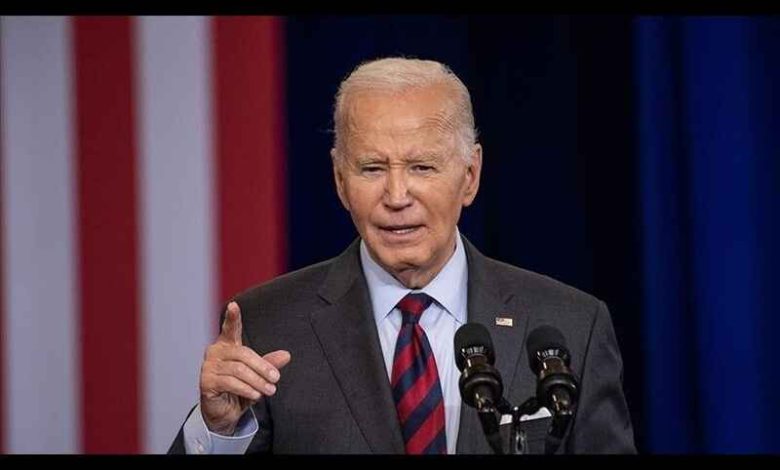
The United States will send more than $1 billion in humanitarian help for those affected by drought or conflict in 31 African countries, US President Joe Biden said in Angola Tuesday.
The United States Agency for International Development (USAID) said in a statement that the aid would help refugees, internally displaced people and impacted communities in 31 African nations with their food insecurity and other pressing needs.
“Today, I’m announcing over $1 billion of new humanitarian support for Africans displaced from homes by historic droughts,” Biden said in an address in the Angolan capital Luanda where he arrived late Monday for his first visit to sub Saharan Africa.
“This funding announced during President Biden’s visit to Angola includes nearly $823 million through USAID of which more than $202 million is from the U.S. Department of Agriculture’s Commodity Credit Corporation and nearly $186 million through the U.S. Department of State,” mentioned in a statement issued by the United States Agency for International Development.
During the 2022 U.S Africa Leaders’ Summit, President Biden mentioned the United State’s commitment to its African partners to speed up the process of attaining food security which includes providing humanitarian aid to meet the acute and immediate food insecurity issue. “Today’s announcement, yet again, demonstrates our firm commitment to stand alongside our African partners and people across the continent in addressing the challenge of food insecurity,” the statement reads.
The region having the highest percentage of hungry people is Africa. Humanitarian assistance is needed in order to save lives and lessen suffering among the most vulnerable throughout the continent due to armed conflict, extreme weather, natural disasters and other calamities.
African individuals at risk of exploitation and abuse including refugees, internally displaced individuals and impacted communities are receiving life saving aid and essential programs from U.S humanitarian partners with this additional support which includes funds from the bipartisan National Security Supplemental.
The most vulnerable individuals impacted by acute food insecurity and malnutrition are also receiving emergency medical attention as well as water, sanitation and hygiene assistance from implementing partners to help stop the spread of infectious diseases.
One in five Africans or about 300 million people experienced hunger in 2023 as per the UN data and the number of individuals suffering from severe food insecurity and malnutrition is still rising.
According to USAID, the United States gave around $6.6 billion in humanitarian aid to sub-Saharan Africa during the 2024 fiscal year.
Affected populations will also benefit from this financing by being able to meet other basic requirements like shelter, education, mental health care and protection. In order to deliver life saving food assistance to food insecure communities in East and Central Africa, USAID is acquiring, transporting and distributing U.S. agricultural commodities from American farmers with money from the Commodity Credit Corporation.



